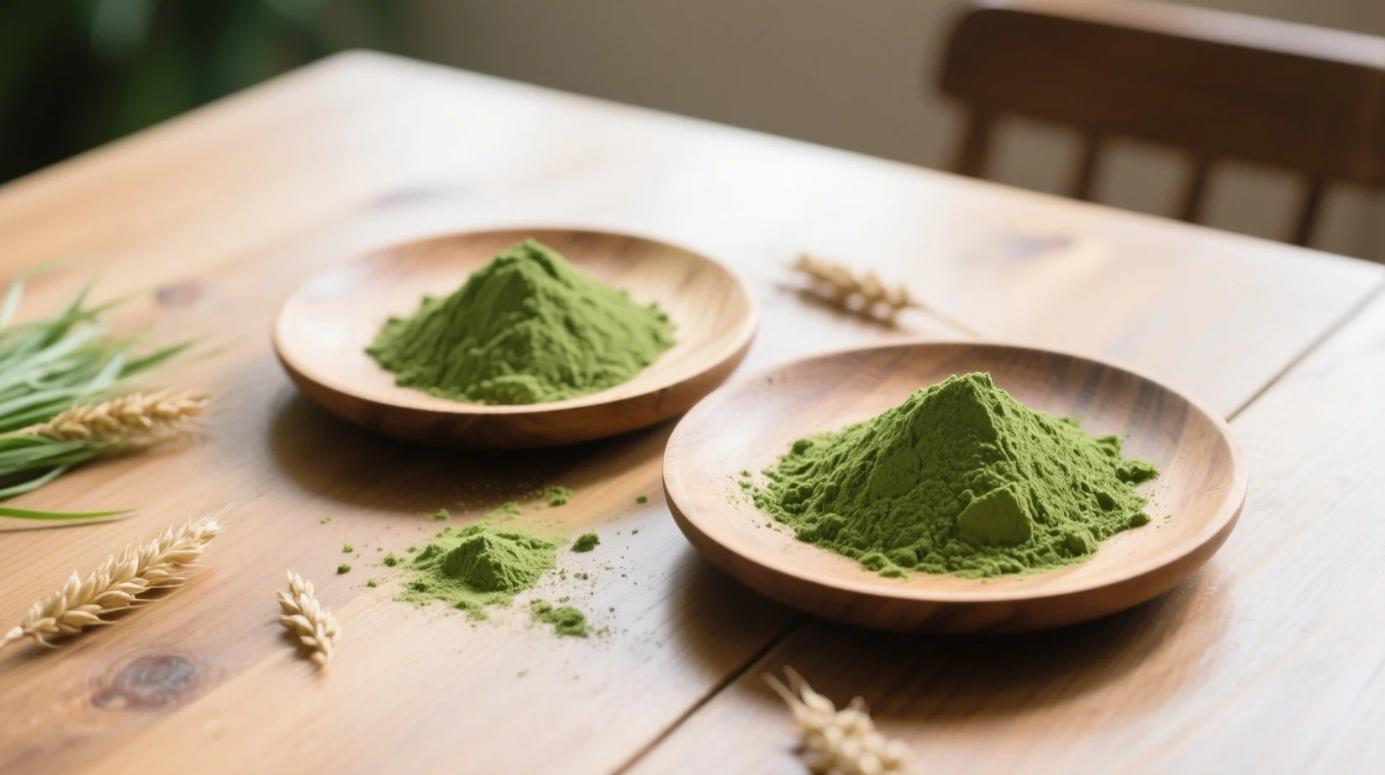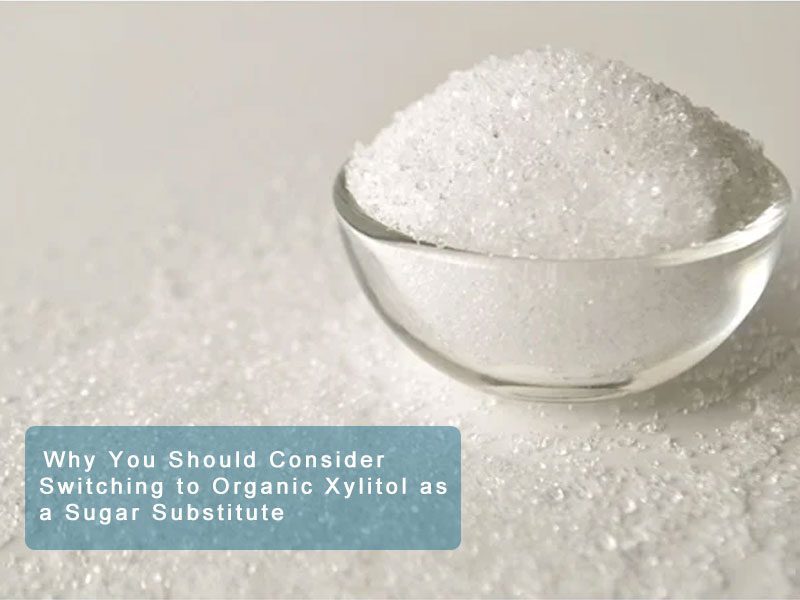Table of Contents
Maltodextrin is a common food additive that is used to thicken, sweeten, or extend the shelf life of processed foods. It is a white powder that is made from starch, usually from corn, wheat, potato, rice, or tapioca. Organic maltodextrin is maltodextrin that is derived from organic sources and processed without the use of synthetic chemicals.
Natural sweeteners are sweeteners that come from natural sources, such as plants, fruits, or honey. They are often considered healthier alternatives to refined sugar and artificial sweeteners, as they may have lower calories, lower glycemic index, or additional nutrients. Some examples of natural sweeteners are stevia, monk fruit, allulose, xylitol, erythritol, agave nectar, honey, maple syrup, molasses, coconut sugar, and fruit purees.
In this article, we will compare organic maltodextrin with other natural sweeteners in terms of their taste, nutrition, health effects, and uses.
Taste
Organic maltodextrin has a neutral or slightly sweet taste that does not alter the flavor of the food it is added to. It can also enhance the mouthfeel and texture of foods by making them thicker or creamier.
Other natural sweeteners vary in their taste and sweetness level. Some are very sweet and have a distinctive flavor, such as stevia and monk fruit. Others are less sweet and have a mild or caramel-like flavor, such as allulose and xylitol. Some have a rich and complex flavor that can complement certain foods, such as honey and maple syrup. Some have a subtle or fruity flavor that can add freshness and moisture to foods, such as agave nectar and fruit purees.
Nutrition
Organic maltodextrin is a carbohydrate that provides 4 calories per gram. It is mostly composed of glucose molecules that are linked together in chains of varying lengths. It has a high glycemic index (GI), which means it can raise blood sugar levels quickly after consumption. It has no other significant nutrients.
Other natural sweeteners have different nutritional profiles depending on their source and processing method. Some are low-calorie or calorie-free, such as stevia and monk fruit. Some are sugar alcohols that have fewer calories than sugar and do not affect blood sugar levels as much, such as xylitol and erythritol. Some are sugars that have similar calories as sugar but may have lower GI or more nutrients, such as allulose and coconut sugar. Some are sugars that have more calories than sugar but also contain antioxidants, minerals, or enzymes, such as honey and maple syrup. Some are sugars that have fewer calories than sugar but also contain fructose, which can have negative effects on liver health if consumed in excess, such as agave nectar.
Health effects
Organic maltodextrin is generally considered safe by the Food and Drug Administration (FDA) as a food additive. However, consuming too much of it may have some adverse health effects, such as:
- Increasing blood sugar and insulin levels, which can contribute to diabetes and obesity
- Causing digestive issues, such as bloating, gas, or diarrhea
- Triggering allergic reactions or inflammation in some people
- Affecting the gut microbiome and immune system
Other natural sweeteners may have some health benefits or risks depending on their type and amount consumed. Some may:
- Help lower blood pressure and blood sugar levels (stevia)
- Have anti-inflammatory and anti-microbial properties (monk fruit)
- Improve dental health by preventing tooth decay (xylitol)
- Support weight loss by increasing metabolism and reducing appetite (allulose)
- Provide antioxidants that protect against oxidative stress and inflammation (honey)
- Provide minerals that support bone health and blood pressure regulation (maple syrup)
- Provide fiber that promotes digestive health and blood sugar control (fruit purees)
However, some may also:
- Cause digestive issues if consumed in large amounts (sugar alcohols)
- Contain traces of gluten or pesticides if not organic (maltodextrin)
- Contain fructose that can overload the liver and increase triglycerides (agave nectar)
- Contain contaminants or toxins if not pure or pasteurized (honey)
- Contain added sugars or preservatives if not natural or organic (fruit purees)
Uses
Organic maltodextrin is mainly used as a food additive in processed foods to improve their texture, flavor, or shelf life. It is also used as a carbohydrate supplement for athletes or people who need to increase their blood sugar levels quickly. Other natural sweeteners can be used as sugar substitutes in various foods and beverages to add sweetness without adding too many calories or affecting blood sugar levels too much.

